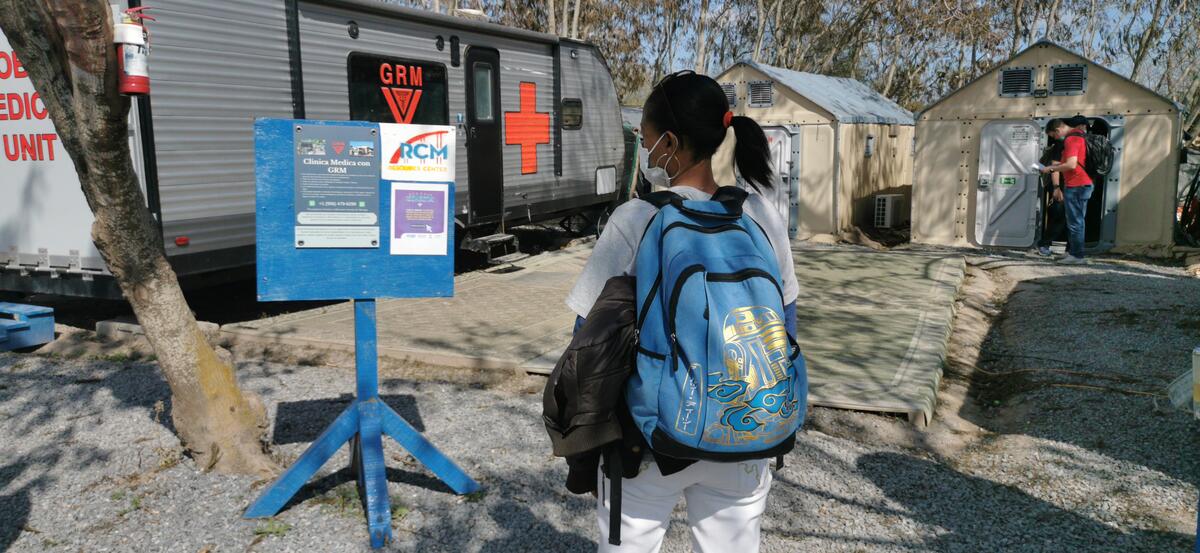Afghans in Pakistan: documenting a population on the move
Afghans in Pakistan: documenting a population on the move

MUZAFFARABAD, Pakistan, Oct 31 (UNHCR) - Jabbar Khan bears the same name as the last Afghan governor who was forced out of Kashmir in 1819, but unlike his namesake, he refuses to be defeated.
At 33, Jabbar is no stranger to displacement. His father came from Laghman province in eastern Afghanistan. Jabbar himself was born in Kurram agency in north western Pakistan and went to live in Nasir Bagh as a child. When the government closed the camp, Jabbar and his family moved to Muzaffarabad, the capital of Pakistan administered Kashmir (AJK).
Then came the earthquake of 8 October 2005, which killed more than 73,000 people and left hundreds of thousands homeless. "When the earthquake came, I was with my friend on his roof," he told a UNHCR worker at a registration centre in Muzaffarabad. "After it passed, I ran home to see my family. I was shocked to find that my roof had collapsed and my two daughters trapped under the debris. I cried for help but we could not save their lives."
The family also lost their home. "The house was totally destroyed and we were sleeping under the open sky. The situation was terrible, people were crying, dead people were everywhere and the jolts were still coming," he recalled. He took his wife and surviving three children to join their relatives in a refugee camp in Mansehra in North-West Frontier Province (NWFP).
Jabbar's story reflects the needs and challenges of the ongoing registration of Afghans in Pakistan. Afghans are a famously mobile population, whether fleeing conflict and poverty, or moving in search of work or - in Jabbar's case - by force of nature. Trying to keep track of them is a daunting task.
A Pakistan government census in early 2005 counted just over three million Afghans living in Pakistan. More than 580,000 have repatriated since then, leaving an estimated 2.4 million Afghans still in Pakistan. The current registration is a follow-up to the census and seeks to develop a clear profile of the remaining Afghans, not all of them refugees. Those registered are given a Proof of Registration card that is valid for three years and recognises the bearer as an Afghan citizen temporarily living in Pakistan.
Asked why he came back to Muzaffarabad for registration, Jabbar said, "I am registering myself and my family because we will get a valid identity from the government of Pakistan and I can frequently travel to Lahore for my business." He explained that he now runs a shoe shop that earns him about 500 rupees (US$8.30) a day.
Rehmat Khan, an Afghan scrap collector-photographer, also registered in Muzaffarabad with his four wives and six children. "We are happy here. There is nothing in my country - no peace or food to eat," he said.
Most of the Afghans who participated in the registration exercise seemed pleased with their PoR card. "I am very happy to have my own identity card," said Abdul Raheem. "Now the police will not harass me and I can travel to other parts of Pakistan."
More than 45,000 Afghans have been registered in the exercise so far, including 1,700 in Pakistan-administered Kashmir. The countrywide registration started on October 15 and is expected to run till the end of the year.
By Asif Shahzad in Muzaffarabad, Pakistan









